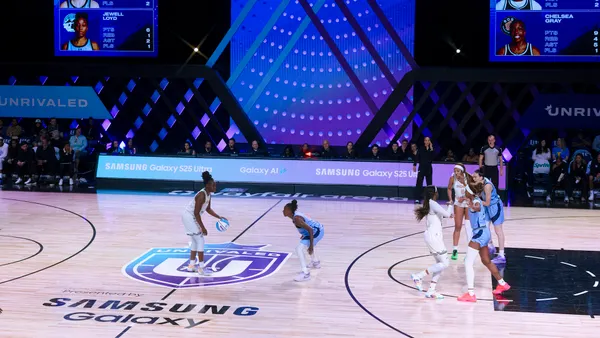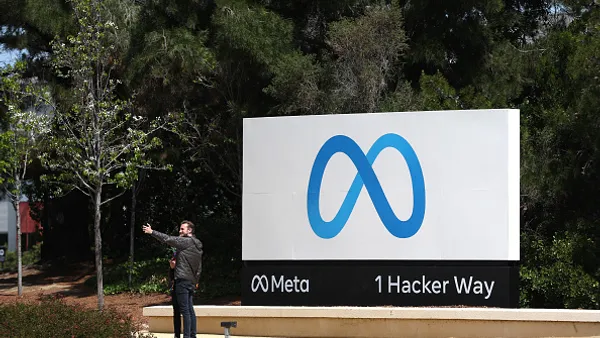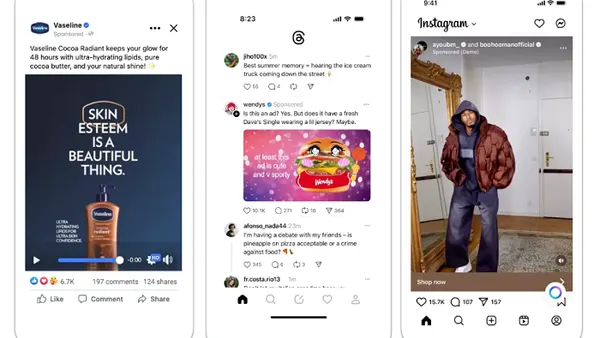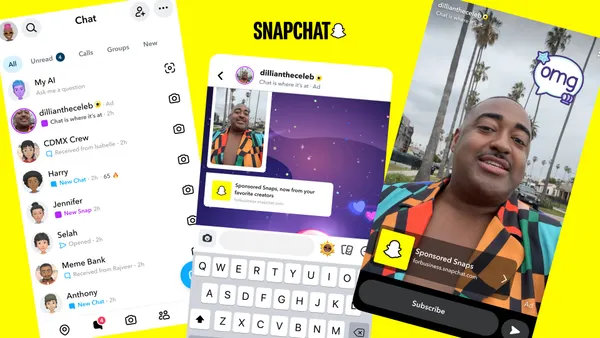Brief:
- Video news network Cheddar created a live business and news app for the Magic Leap mixed-reality headset, according to a company announcement. The free application lets wearers of the Magic Leap One Creator Edition headset see augmented reality (AR) video screens of live news against a real background through the device's lenses.
- Magic Leap users can pin a hovering live Cheddar news screen while performing other work or activities with the headset, as a video trailer demonstrates. Cheddar plans to work with Magic Leap to create video broadcasts available on-demand and live and esports news coverage on Cheddar Sports.
- Cheddar's news networks are available for free download from Magic Leap World, the platform's app store.
Insight:
Cheddar's development of an app for Magic Leap may not reach a mass audience just yet, as AR news consumption has yet to gain much traction, but it does position the network as a pioneer in integrating its content with budding immersive media platforms. Magic Leap released its first AR headset in August with a list price of $2,295, making it more expensive than most smartphones, laptops, desktop computers and consumer VR headsets. Still, the Magic Leap One is less expensive than the Microsoft HoloLens, which costs $3,000.
Cheddar's news service provides more content for Magic Leap, which is necessary to make its pricey headset more valuable to consumers. The Magic Leap World app store has a handful of "experiences" for headset users to download, including games and audiovisual entertainment. Magic Leap in October hosted its first L.E.A.P. developer conference to inspire more software creators to get on board with its wearable computer platform and create immersive content, as more consumers become familiar with AR devices and features.
The AR headset market is expected to get more crowded as other tech companies develop wearables. Apple is said to be developing an AR headset that's set to hit the market as early as 2020 and has its own display and operating system, Bloomberg News reported. While Google was first to market in 2012 with Google Glass, the company was criticized for the product's numerous bugs, steep $1,500 price tag, limited battery life and creepy ability to record people surreptitiously. The search giant ended its Glass Explorer program in 2015, but later relaunched the product as Glass Enterprise Edition for workplace uses, per Wired. This points to the potential uphill battle wearable device developers like Magic Leap — and immersive content producers — could face before consumers are fully comfortable with the tech.











